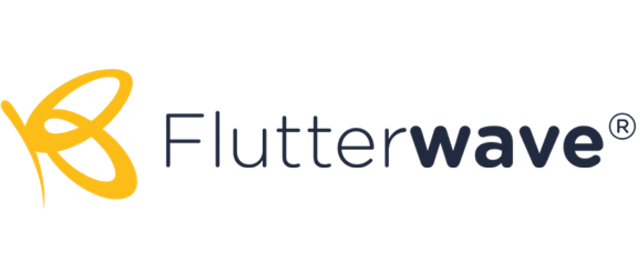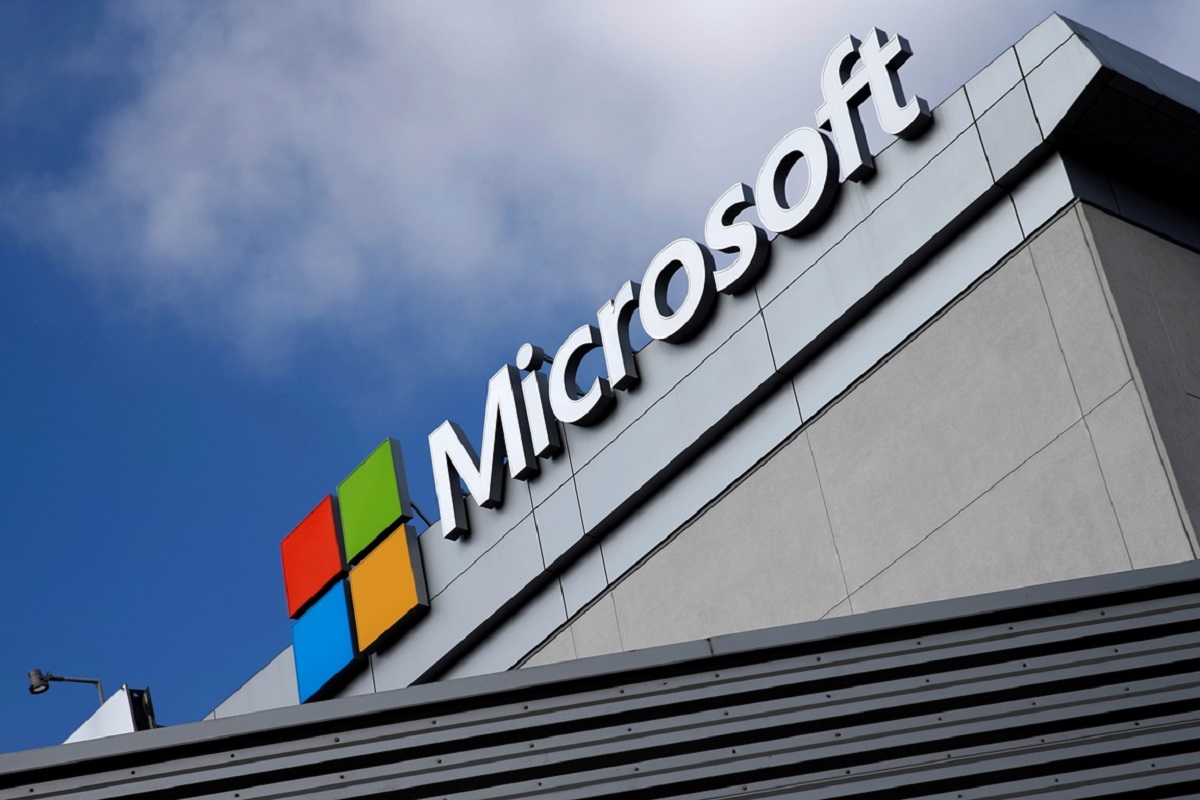E-Business
Flutterwave Unveils e-Commerce Platform for SME Growth

A new e-commerce platform to scale the growth of Small and Medium Enterprises (SMEs) has been introduced by Flutterwave, Africa’s leading payments technology company.

The new platform called Flutterwave Market is an extension of the Flutterwave Store service that will bring together a collection of merchant stores in one place.
A statement issued by the company said Flutterwave Market brings e-commerce a step closer to the brand’s merchants and their customers.
The aim of the new Flutterwave Market is to help merchants reach new customers and ultimately increase sales and revenue. This will not only make it easier for customers to shop from a range of Flutterwave Store merchants but will also enable customers to seamlessly shop across a variety of products from different businesses at their convenience.
The Flutterwave Market will display Flutterwave stores across various product categories and countries. It will include features such as product search, category display and country filter to help enhance the shopping experience.
The solution will display product categories such as men and women’s fashion, beauty and food—in line with the preferences of most shoppers on Flutterwave Store. Shoppers will be able to order products and have the products delivered at their preferred locations, the firm said.
Recent data from Statista shows that as of 2020, the number of digital buyers in Africa experienced an increase to 281 million. The number of e-commerce users in the continent is also estimated to grow significantly, reaching over 334 million in 2021. By 2025, they could be roughly 520 million, almost doubling the number in 2019.
“This is an exciting next chapter for the Flutterwave brand, and we’re excited to introduce this new marketplace experience to our merchants worldwide,” said Olugbenga ‘GB’ Agboola, founder and chief executive officer of Flutterwave.
Flutterwave Market is a fully functional e-commerce service that serves as a megastore where buyers can purchase a variety of goods from multiple sellers under one roof.”
“Since the successful launch of Flutterwave Store, we have listened to our customers and acted on what they need to scale their businesses. Launching the new marketplace will transform their business, taking it to the next stage of growth. Flutterwave Market is for us a way to create endless possibilities for our Flutterwave Store users. We’re not merely aggregating existing stores, we’re positioning them to make more sales,” he added.
Flutterwave Store was launched in April 2020 with the aim of keeping the lights on for small businesses following lockdown due to the Covid-19 pandemic across various countries.
The e-commerce solution has grown to over 30,000 businesses to date while adding features like discount codes and multiple product uploads. The Flutterwave Market provides an additional opportunity for shoppers to discover and shop from these businesses as opposed to only following their store link.
E-Business
NITDA Identifies Key Barriers to Cybersecurity in Nigeria

National Information Technology Development Agency (NITDA) has identified outdated frameworks, inadequate expertise, and low awareness as major barriers to effective cybersecurity interventions in Nigeria.

Dr Ayodele Bakare, deputy director, Cybersecurity Department, NITDA, made this known on Friday during a meeting with a delegation from the United Kingdom (UK) in Abuja.
The discussion focused on building a national cybersecurity infrastructure.
Bakare highlighted that cybersecurity is a borderless issue, requiring both local and international collaboration as well as strategic interventions to address emerging threats.
He noted that while Nigeria has existing cybersecurity frameworks and policies, their effectiveness in tackling evolving threats—particularly those driven by Artificial Intelligence (AI)—remains questionable.
Some of the key frameworks he mentioned include the Cybercrime Act 2015, which was recently amended in 2024, and the Nigerian Data Protection Act 2023, both of which play a crucial role in shaping the country’s cybersecurity landscape.
“NITDA, seven years ago, released the National Public Key Infrastructure as a regulation. We also have other sectoral frameworks, such as the Risk-Based Cybersecurity Framework for financial institutions released by the Central Bank of Nigeria.
“Given the fact that we have all these frameworks, their effectiveness is still a question, and I think the first thing is for a rebase line on the basis that informs the existing frameworks.
“The majority of the frameworks were issued far before now, and there are emerging risks like AI-driven threats, and some of the frameworks that we have are not really addressing them,” he said.
Bakare also pointed out that despite ongoing public awareness efforts, cyber threats such as device code phishing remain widespread.
He shared a personal experience of nearly falling victim to such an attack, emphasising that many Nigerians are still unaware of modern cyber threats.
He called for enhanced, interactive awareness campaigns to better educate the public on cyber risks.
In addition, Bakare highlighted Nigeria’s shortage of skilled cybersecurity professionals, stating that the country has only about 8,300 cybersecurity experts for a population of 220 million. He stressed the urgent need to develop skills in the sector.
“We are looking for platforms that can provide an efficient way of training people, and we are also looking at collaborations that can help bring down the cost of cybersecurity certification courses.
“Averagely, you see Nigerians spending between 2,000 dollars to 5,000 dollars for this certification, which is very expensive, and reducing the cost will increase the number of experts,” he said.
Bakare also raised concerns about governance, risk management, and compliance among government institutions, revealing that NITDA is working on an audit regime to ensure adherence to cybersecurity frameworks.
He further noted the need for more efficient threat intelligence platforms that can gather, analyse, and share information on cybersecurity threats.
According to him, adopting cloud-based solutions could help institutions identify and mitigate external threats more effectively.
“The government is making efforts to ensure the management and effective utilisation of the National Public Key Infrastructure (PKI) to secure online transactions and communications in collaboration with stakeholders.
“For government institutions, we are working on a framework for Zero Trust, which should create an efficient platform.
“The platform will ensure that before you access any information-based system, either cloud-based or on-premise, you have to go through a Zero Trust platform.
“This is to ensure that digital trust is effectively maintained and that the incidences of data leakages are reduced,” Bakare said.
He added that NITDA is developing a National Cybersecurity Architecture that will consolidate various cybersecurity initiatives and frameworks into a single, unified strategy.
“We are working towards an architecture that will serve as the single source of truth for Nigeria’s National Cybersecurity Strategy and help streamline efforts for effective management of cyberspace,” he said.
E-Business
Microsoft Develops AI Reasoning Models to Rival OpenAI

Microsoft is advancing its artificial intelligence (AI) strategy by developing its own AI reasoning models to compete with OpenAI, according to a report by The Information.

This move is aimed at diversifying Microsoft’s AI offerings and reducing its reliance on OpenAI’s technology.
As part of this initiative, Microsoft has begun testing models from xAI, Meta, and DeepSeek as potential alternatives to OpenAI’s technology within its Copilot product.
This shift aligns with a growing industry trend toward cost-effective AI model development using “distillation” techniques.
Distillation involves training smaller AI models using insights from larger, more complex models, significantly lowering computational costs.
Companies such as DeepSeek have leveraged this method to develop powerful AI solutions at a fraction of traditional expenses.
Currently, Microsoft’s Copilot, an AI-powered chatbot integrated into Microsoft 365 and Windows 11, runs on OpenAI’s GPT-4 model.
By investing in the development of its own AI models, Microsoft aims to enhance Copilot’s capabilities while offering more tailored AI solutions to its users.
This strategic shift is expected to strengthen Microsoft’s position in the competitive AI market while providing greater control over its AI ecosystem.
E-Business
NITDA Alerts Nigerian Website Owners of Critical Security Flaw in Jupiter X Core WordpPress Plugin

Nigerian website owners have been warned to be weary of security vulnerabilities in the Jupiter X Core plugin for WordPress.

The warning was handed over by the National Information Technology Development Agency (NITDA), via its official X account.
According to the agency, the vulnerability, identified as CVE-2025-0366, poses a significant cybersecurity risk, potentially allowing attackers to take control of affected websites without authentication.
A security advisory from the Computer Emergency Readiness and Response Team Nigeria (CERNT.NG) noted that the flaw is an “unauthenticated privilege escalation vulnerability,” meaning attackers can gain administrative access or execute arbitrary code on websites using this plugin.
“A critical security flaw has been discovered in the Jupiter X Core plugin for WordPress, affecting websites using this popular theme framework,” the statement said.

 News2 days ago
News2 days agoFG Lists Simon Ekpa, 16 Others as Terrorism Financiers, Freezes Accounts

 Telecom2 days ago
Telecom2 days agoEMOSIM, Tata Communications Bring Nigeria’s First Travel eSIM to Life

 E-Business2 days ago
E-Business2 days agoDarey.io, Xterns Partner to Provide Digital Skills with New Tech Hub in Lagos

 E-Business2 days ago
E-Business2 days agoNITDA Alerts Nigerian Website Owners of Critical Security Flaw in Jupiter X Core WordpPress Plugin

 E-Business2 days ago
E-Business2 days agoKaspersky, Smart Africa Forge Strategic Partnership to Bolster Cybersecurity in Africa

 E-Business1 day ago
E-Business1 day agoNITDA Identifies Key Barriers to Cybersecurity in Nigeria

 E-Financial1 day ago
E-Financial1 day agoWema Bank Battles to Recover N888.3m which Allegedly Vanishes in Shocking System Glitch

 E-Financial2 days ago
E-Financial2 days agoNigerian Women Worst Hit by Ponzi Schemes – SEC

























